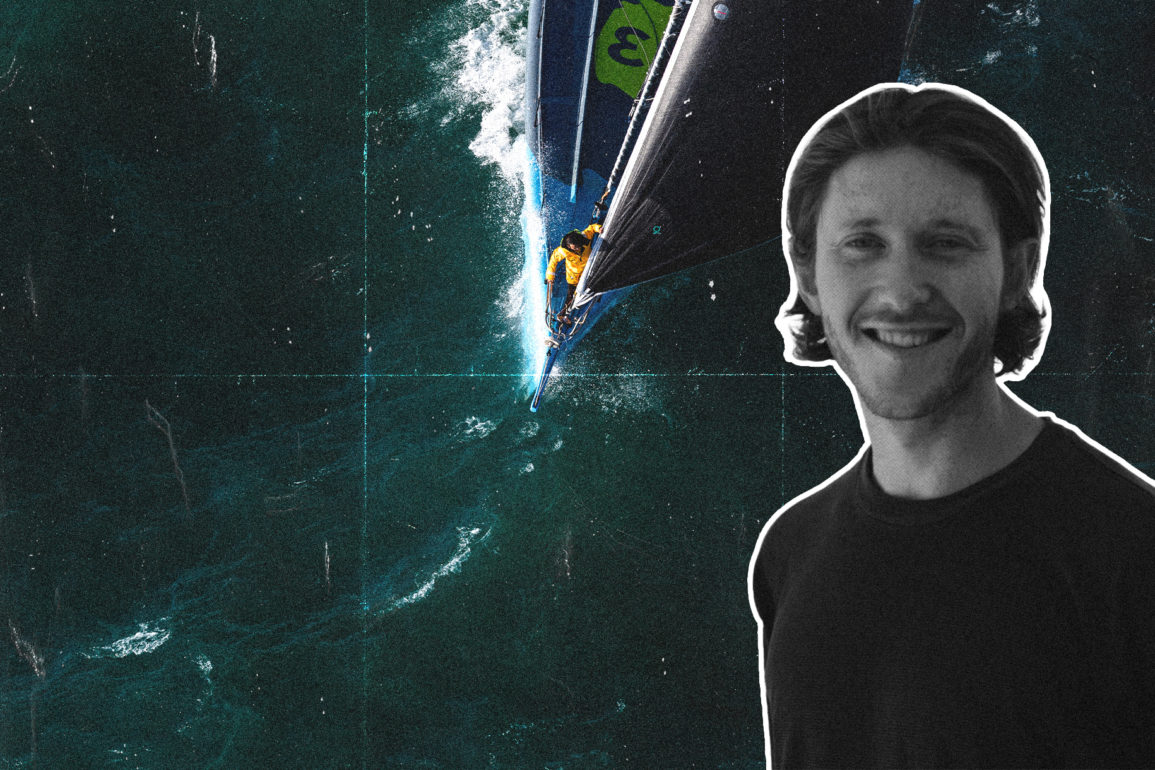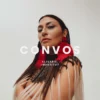How did you start your career as a filmmaker? What inspired you to work in the entertainment industry? What sparked your curiosity to focus on making documentaries about the sea?
I started out as a written journalist before getting into photojournalism based as a freelancer in East Africa. I craved a medium that allowed for more context and voice from the people I was working with, so I made the jump to video. Again looking for a way to dedicate more time to each story, I started building towards making my first feature documentary, which became Open Ocean.
Coming from the world of journalism, I can’t say that I intended to work in the entertainment industry, it kind of just happened. But I’m inspired and encouraged by the movement to distance non-fiction films from journalism and eliminate the distinction between documentary and fiction. I think that’s pretty cool and will hopefully allow non-fiction to be valued equally to fiction in the entertainment world.
My curiosity about the sea comes from a lifelong love of playing in the ocean. It was as simple as that, I enjoyed the sea so I wanted to know more. As I started to make films, particularly about the environment, I realized that there was both an incredible amount of untold stories relating to the sea and a general lack of public appreciation for the role our oceans play in the health of our planet.
Can you tell us a bit more about your productions company, Ona? What kind of work do you do and what is the ultimate goal you want to achieve?
I started ONA with fellow journalist Laura Secorun to spark a greater public appreciation and care for the oceans. The idea was that people protect what they care about.
ONA produces documentaries that hopefully connect viewers emotionally to the sea; we use scientific research to create actionable educational content; and we run sustainable ocean sporting projects because we believe in the power of sport to inspire fans to protect the environment (as it had done with me).
Congratulations on your documentary Open Ocean! Can you walk us through the process of preparing for your role as the director? What was your biggest takeaway from this experience?
Thanks! I’m afraid there’s not much to say about my preparation for the role of director in this film, other than it’s something that I’ve been working at for some time now. Coming from freelance journalism, I was almost always a one-person crew. There weren’t different roles to fill, you just did everything. It has its downsides of course, as my past sound editors can attest to, but it means that you become versed in every part of the production. Open Ocean was the same. It was a one-person crew, so I just went out and shot.
The first big challenge was getting over the hump of the first few weeks or months where nothing “happens” and the interviews aren’t that great because you haven’t built a strong relationship with your characters yet. I was regularly saying to myself, “What am I doing here? Do I even have a story?” You’re walking in a bit of a desert and you’re not sure where you’re going to find water. Especially because it’s my first feature length film, I was in uncharted territory. But with a bit of patience and trust in what you’re doing, eventually you get over that hump.
Another challenge was that once things started coming together, it was tough not to become too satisfied or complacent, especially when you’re working alone. After a long day shooting, it’s tempting just to cut the last scene of the day because it doesn’t seem that important. But I’ve often found that the last scene of the day or the last question of an interview are keepers.
What inspired you to make a documentary about Didac Costa? Why do you think it’s important to tell this story now?
I was inspired to make this film first because of the incredible nature of the challenge. The idea of someone sailing alone, non-stop around the world in the most inhospitable seas on Earth really drew me in.
But what made me believe this was a story worth telling was the sometimes absurd challenges and setbacks the project faced and the way in which the protagonist, Didac, handled them. As a close friend and super fan put it, Didac is putting on a masterclass in how to live life.
After a few tough years of life being very different than we’re used to, I personally found clarity in seeing someone so single-mindedly chase a dream, regardless of what that dream is.
How do you think this story will change and make an impact in today’s society?
I don’t presume that the film will change or alter society in any significant way. But if a handful of people finish watching the film with a renewed sense of energy and drive for whatever they are working towards and a handful of people are inspired to explore the oceans and the outdoors, whether sailing or another activity, the film will have been worthwhile.
Were there circumstances in which you had to make difficult artistic choices or alter scenes/storylines due to factors such as accommodating individual needs/requests of protagonists and/or the crew, audience feedback, production limitations, etc.?
Of course, the biggest extenuating circumstance affecting the project was the pandemic. I wasn’t able to develop Didac’s work as a firefighter as much as I’d hoped, for example, because I couldn’t get access to the facilities. Also, we decided not to interview Didac’s mom until everyone was vaccinated.
That meant that sizable chunks of scenes or interviews had to come right before I wrapped shooting. In the fire station scene that I eventually shot, I had to be entirely outside and couldn’t go into the premises so we had to improvise a bit. But that lack of control is inherent in filming non-fiction so you have to just embrace it.
What was the collaboration process like with your film crew? What makes the process of producing a non-fiction film different from narrative films?
Since I was a one-person crew, there wasn’t much of a collaboration. Although I admit I’m guilty of talking to myself at times on shoots. That being said, after about a year of filming, I had to hand over the entire project, metaphorically speaking, to Didac. Because only he couldn’t film the actual race portion of the film, which was obviously fundamental to the final product. I anxiously texted him regularly to remind him to film, knowing that in difficult conditions, alone, it was his last priority (and rightfully so!). He’s handling huge waves and wind, sleep deprived and cold and I’m like, “Hey Didac, did you talk to camera at all today?” Haha.
How would you define and measure the success of a documentary film? What are some of the factors or elements in a story that indicate that it has the potential to be made into a film?
Just like for fiction films, I think the measure of its success depends on the project. Some succeed in simply entertaining, some succeed in moving its audience to act or just leaving the cinema having learned something new or empathize with someone new. Some succeed simply in portraying beauty.
For the films I make, they are successful if people finish the movie feeling amazed, inspired, moved and have felt those emotions in connection with the oceans. So when I’m looking for a worthwhile subject I can work backwards from that end. I can ask myself, does this make me feel amazed, inspired, moved in relation to the oceans? If so, that’s a great start. Then I can concern myself with character development and narrative structure and what lens I’m going to use.




